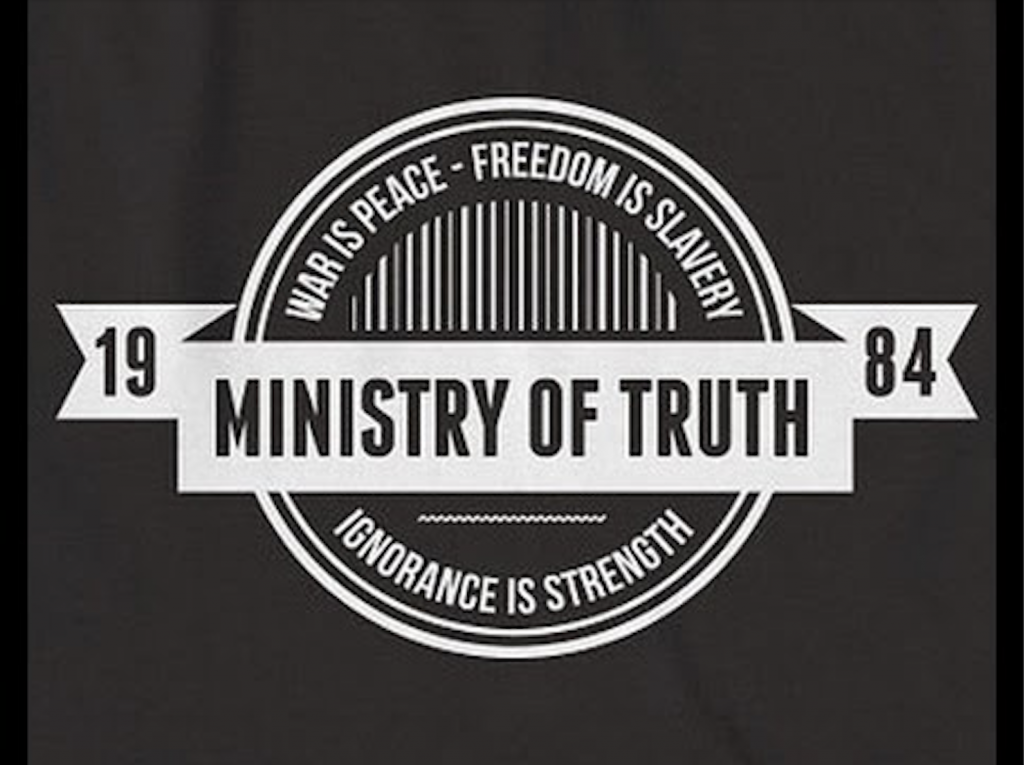
I watched BBC Question Time on the TV on Thursday then listened to Radio 4’s Any Questions the following Saturday (27th March). I could not believe what I was not hearing. Not to worry, I thought, just ring in to Any Answers immediately following. Having got through to a call handler, I described my astonishment that, in the debate on vaccine passports, the single most important view (concerning medical ethics), had not been discussed. I explained that I would like to talk with the presenter (Anita Anand) about this glaring omission and that, if not able to do so myself, would be happy if at least one person was invited to air that view in the 45 minute programme. The lady acknowledged this and asked me to stand by for the duration of the programme in case I was invited. Almost the whole of ‘Any Answers’ was devoted to the vaccine debate but I didn’t receive a call and no one else had been allowed on, for even a minute (out of around three hours of airtime over the three programmes), to bring up a matter that the public so rightly deserved to hear.
The issue I refer to is that the Government, by not immediately outlawing vaccination passports, is implicitly coercing the public into being vaccinated regardless of their individual risk of suffering from the effects of catching Covid. This issue was brought up passionately in Parliament recently by two politicians (Sir Desmond Swayne and Steve Baker) but got scant, if any, media coverage. The subject becomes more significant as the programme of completely unethical blanket vaccination is offered (without properly informed consent) to an increasingly younger population. For the vast majority of those that catch Covid it is nothing more than a mild irritant and, for every 1000 people under 50, virtually none will die. The under-50s are less likely to die from Covid than they would be from an accident or injury in a typical year.
So the question has to be – “How can the BBC get away with pumping out the exact Government Covid line when it comes to lockdowns and vaccination?”
In the dental clinic it was my duty (of care) to present risks accurately so that patients could make informed treatment decisions. My experience also tells me that the public sometimes prefer not to be offered this informed choice but instead to allow a person in position of responsibility to simply prescribe a treatment on trust.
The BBC has a similar duty of care with regard to health reporting and should present relative risks proportionately. The public might be too trusting in the BBC and MSM for their own good as polls show the average Briton massively overestimates the risk of dying from Covid. Recently, the BBC has reported that ethnic minorities and some of the more socially deprived communities have been much more reluctant to be vaccinated. The BBC has (very disrespectfully in my opinion) implied that these groups need to be better educated and more savvy. Isn’t it more likely that these communities have more reason to be distrustful of Government and are therefore being more cautious?
Polls show that the hard-earned trust the BBC used to enjoy is rapidly slipping away. Surely, there must be some in the BBC who feel very uncomfortable with the current state of affairs? Would any (either past or present) BBC employees be willing to come out (in person or anonymously) and expose what is going on?
In the meantime, to restore balance and perspective, the BBC could debate (among many topics) the following:
- The scandalous failure and cost of NHS Track and Trace and the serious inaccuracies of the PCR and lateral flow tests upon which lockdown strategy were/are based.
Why broadcasters have not been reporting over the years how lethal and devastating flu is and how serious its post-viral effects are; and that flu kills far more young people than Covid. - Why the BBC is not reporting projections of the non-Covid death toll resulting from lockdown.
- While I believe informed adults should be able to choose to smoke, why are reporters not drawing attention to the fact that, despite a global annual death toll around three times that of Covid, the Government does not ban tobacco use to “save lives” and “protect the NHS”?
- Why has the BBC given so little time to discussing lockdown alternatives, the lack of evidence of the effectiveness of lockdowns and mask wearing, the HART Report (“COVID-19: An overview of the evidence”), and the enormous influence and control that SAGE has in Government policy making.
- Why, in discussing the pros and cons of this particular vaccine rollout, has the BBC submitted nothing but the ‘pros’ and virtually nothing of the risks?
- Why has there been no comprehensive investigative journalism into the scientific and healthcare authorities that prevent their employees from speaking openly about the effects lockdowns are having on their institutions, their patients and themselves?
Unfortunately the BBC will need to air these issues and stats every hour of the day for the next 12 months to make up for the biased Covid reporting of the last year. But, as Mark Twain said, it is easier to fool people than to convince them that they have been fooled.
Dr Mark Shaw is a retired dentist.









